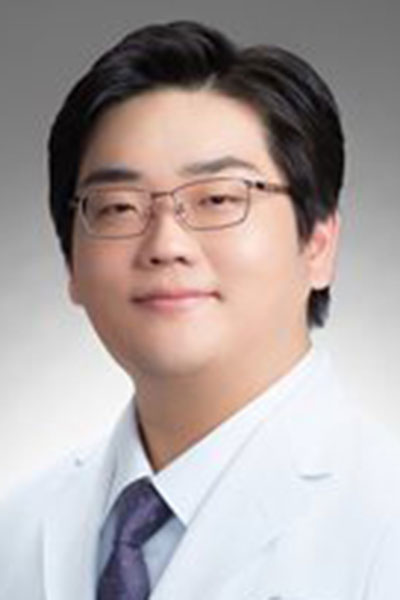
Award Recipient: Naokazu Nakamura, MD, a PhD student at the Graduate School of Medicine, Kyoto University, Kyoto, Japan, working in the Division of Molecular and Medical Genetics, Center for Gene and Cell Therapy, The Institute of Medical Science, University of Tokyo
Awards Session: ASTCT Spotlight Session: Best of Transplantation and Cellular Therapy: Selections from JTCT and New Investigator Awards, 1:45 p.m. on Feb. 12, Ballroom A
Lecture Title: Clinical Impact of CRS on Prolonged Hematotoxicity after CAR-T Cell Therapy: KyoTox a-Score, a Novel Prediction Model, based on the article, “Clinical Impact of Cytokine Release Syndrome on Prolonged Hematotoxicity after Chimeric Antigen Receptor T Cell Therapy: KyoTox A-Score, a Novel Prediction Model”, published in Transplantation and Cellular Therapy.
What was your reaction to finding out you were the recipient of this award?
“I was very honored to receive this wonderful award on behalf of our chimeric antigen receptor T cell (CAR T) therapy team at Kyoto University, including Professor Takaori, Dr. Arai, and Dr. Jo, and was very happy to know that our paper was read by doctors whom I respect so much, Professor Korngold and Professor Porter.”
What will you talk about in your lecture?
“In addition to the awarded paper, I will talk about our previous research and how I first became interested in CAR T-cell therapy.”
How did you first become interested in transplantation and cellular and gene therapy?
“As a junior resident, I was involved in the clinical trial of Kymriah, a CD19-directed, genetically modified autologous T-cell immunotherapy. I was so impressed with the high effect of CAR T-cell therapy. I was surprised the tumor in a patient with repeatedly relapsed lesions completely disappeared in just one month through the patient’s own immune reaction. When I saw the patient say ‘thank you’ at discharge and return to normal life, I was strongly motivated to be a hematologist. This was my first encounter with CAR T-cell therapy.”
What are you working on next related to this topic?
“As a PhD student, I’m wroking to develop new CAR T-cell and gene therapies from the perspective of basic research. Never forgetting the many lives that could not be saved in clinical settings until now, I’d like to spare no effort to create a future in which more patients can overcome hematopoietic malignancies.”
How do you hope your work influences the field?
“We believe that KyoTox a-score can help improve the management of prolonged hematotoxicity and build better relationships between CAR T and referring facilities.”
What excites you most about transplantation and cellular and gene therapy today?
“I’m interested in the off-the-shelf CAR T and natural killer (NK) cells, as well as in vivo gene therapy. The former is an idea that will solve some of the problems with existing CAR T-cell therapy, such as the high cost of CAR T cells, the waiting period between lymphocyte apheresis and CAR T infusion, and exhaustion of lymphocytes as a cell source. As for the latter, Zolgensma, an in vivo gene therapeutic agent, was approved for spinal muscular atrophy last year. We’d like to develop in vivo gene therapy for hematopoietic malignancies.”
VIEW TANDEM MEETINGS SESSION RECORDINGS ON DEMAND
Many sessions at the 2025 Tandem Meetings | Transplantation & Cellular Therapy Meetings of ASTCT® and CIBMTR® are available for on-demand viewing for registered participants, both in-person attendees and digital access attendees, following the live presentation. Log into the online program to begin watching.

